Servo Motors
Motors are essential elements of practically any industry. These devices serve companies in countless markets, from retail to manufacturing and robotics. Though most organizations use motors for vital workplace functions, not every company is aware of the benefits of servo motors.
Servo motors are compact, efficient and can take on tasks that other motors cannot. When you implement servo motors into your facility, you can experience reliability and performance.
-
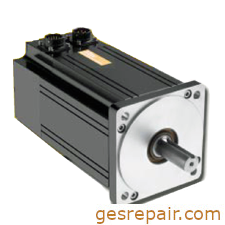 Parker Compumotor
Parker CompumotorParker Compumotor Servo Motors MAX PLUS SERIES: Model MPM1903CSJ7JM2N Repair Service, Troubleshooting, Replacement Parts Sales
- Model #:
- MPM1903CSJ7JM2N
- Part #:
- MPM1903CSJ7JM2N
-
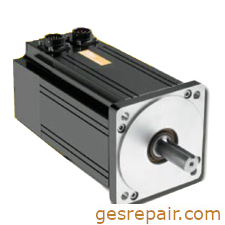 Parker Compumotor
Parker CompumotorParker Compumotor Servo Motors MAX PLUS SERIES: Model MPM1903CSJ7G5N Repair Service, Troubleshooting, Replacement Parts Sales
- Model #:
- MPM1903CSJ7G5N
- Part #:
- MPM1903CSJ7G5N
-
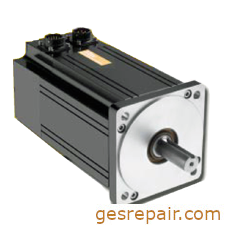 Parker Compumotor
Parker CompumotorParker Compumotor Servo Motors MAX PLUS SERIES: Model MPM1903CSJ7G5R Repair Service, Troubleshooting, Replacement Parts Sales
- Model #:
- MPM1903CSJ7G5R
- Part #:
- MPM1903CSJ7G5R
-
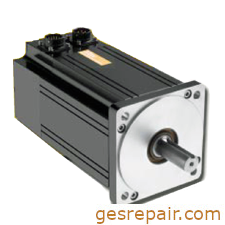 Parker Compumotor
Parker CompumotorParker Compumotor Servo Motors MAX PLUS SERIES: Model MPM1903CSJ7JM1N Repair Service, Troubleshooting, Replacement Parts Sales
- Model #:
- MPM1903CSJ7JM1N
- Part #:
- MPM1903CSJ7JM1N
-
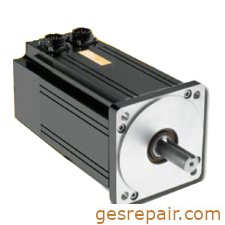 Parker Compumotor
Parker CompumotorParker Compumotor Servo Motors MAX PLUS SERIES: Model MPM1903CSJ7G3N Repair Service, Troubleshooting, Replacement Parts Sales
- Model #:
- MPM1903CSJ7G3N
- Part #:
- MPM1903CSJ7G3N
-
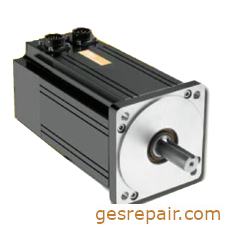 Parker Compumotor
Parker CompumotorParker Compumotor Servo Motors MAX PLUS SERIES: Model MPM1903CSJ7G3R Repair Service, Troubleshooting, Replacement Parts Sales
- Model #:
- MPM1903CSJ7G3R
- Part #:
- MPM1903CSJ7G3R
What Are Servo Motors?
Servo motors, or controlled motors, are small electric motors equipped with a rotary or linear actuary that enables them to perpetuate a rotational or forward and backward motion. They use this movement to rotate or push machine parts with optimal precision. Unlike standard industrial motors, servo motors are not designed to convert energy. Rather, they are variable speed drives built for exact positioning and power.
Servo motors engage in many specialized functions, such as motion control, quick reversing, accurate positioning and high precision. They are exceptionally energy-efficient due to their simple setups featuring a network of current motors, control circuits and potentiometers.
Servo Motor Applications
Servo motors are useful across numerous major industries. These motors are available in varying sizes and models, optimizing them for many diverse applications. Generally, any machine that relies on precision control or repetitive functions is a good candidate for a servo motor.
Some of the many applications of controlled motors include:
- – Robotics.
- – Vehicles.
- – Automatic doors.
- – Conveyor belts.
- – Printers.
- – Metalworking.
- – Woodworking.
- – Solar tracking.
- – Textile production.
- – Milling.
- – Cameras.
- – Antenna positioning.
What Are the Main Types of Servo Motors?
You may not be aware of the different types of motors and their functions. Servo motors come in two primary varieties — AC and DC. The main differences between these two motors are their currents, applications and models.
AC
AC motors are built to manage higher current surges than DC servos, making them more suitable for industrial equipment. Their improved torque and accurate control functions also make them a popular choice for automation and computer numerical control (CNC) machinery. AC servos tend to experience fewer stability issues than DC motors and require less maintenance, making them a more cost-effective solution.
Examples of the different types of AC models include:
- – Positional rotation.
- – Linear.
- – Continuous rotation.
DC
DC servos are meant to handle smaller currents, making them a more suitable choice for smaller applications. They are commonly used for machines with mathematical programming due to their fast responses to commands and precise movements. Though DC motors experience more stability issues and require more frequent servicing than AC servos, they’re generally an efficient choice.
DC servo motors come in various models, such as:
- – Series.
- – Shunt control.
- – Split series.
- – Permanent.
Purchase Servo Motors Today
For high-quality servo motors your company can rely on, choose Global Electronic Services. We can beat any competitor’s prices by 10% and also offer repair services for all our products.
Take a look at our servo motor assortment or contact us for more information.
